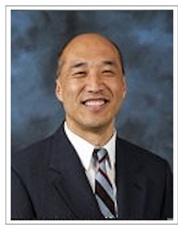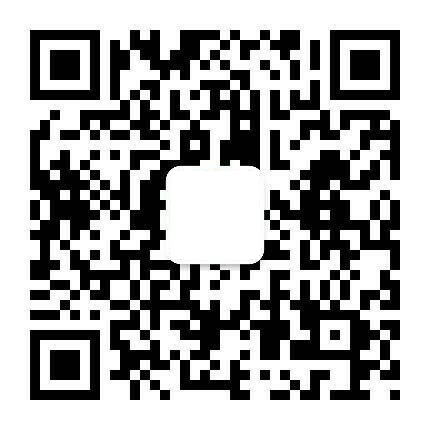复波矢能带量子输运理论
Department of Physics
and the Quantum Theory Project, University of Florida, Gainesville, FL
32611
Prof. Xiaoguang Zhang received his Ph.D in
1989 from Northwestern University. After that Prof. Zhang worked in Lawrence
Berkeley Laboratory , University of Kentucky, and then in 1993 moved to Oak
Ridge National Laboratory, eventually becoming a senior research staff member.
Prof. Zhang joined Department of Physics and the Quantum Theory Project,
University of Florida in 2014.Prof. Zhang is an expert on theory and calculation
of condensed matter physics. His research interest covers (1) Theory and
modeling of electron transport in magnetic tunnel junctions, molecular
junctions, polymers and nanoscale materials, (2) Calculation of electron
mobility and defect capture cross section in semiconductors, and (3) Image
informatics for scanning tunneling potentiometry.

Abstract:Quantum
mechanically forbidden states in a solid can exist as exponentially decaying
states at surfaces and interfaces. These decaying states are described by
complex wave vectors whose imaginary parts determine their rates of decay. The
energy dependence of these complex wave vectors for a solid, the so-called
complex band structure, can help us determine quantum transport properties of
the material entirely from first-principles (i.e., without adjustable parameters
that are fit to experiments). Complex band structure calculation was
instrumental in the successful prediction of giant tunneling magnetoresistance
in magnetic tunnel junctions. Here we show how complex band calculations can be
extended 1. to predict negative differential resistance in magnetic tunnel
junctions with narrow gap barrier layers, specifically those using so-called
cubic cation disordered crystals (CCDC’s); 2. to estimate resistance of twin
grain boundaries in copper; and 3. to calculate electron mobility in silicon due
to impurity and phonon scattering. Comparison with experiments in cases 2 and 3
shows that complex band structure provides a powerful and accurate method for
quantum transport.
时间:2016
年 5 月24
日下午2 :45
地点:四川大学物理馆 323
阶梯教室
 地址:四川省成都市九眼桥望江路29号
地址:四川省成都市九眼桥望江路29号
 电话:028-85412322(党政办)028-85412323(学科办)028-85415561(教务办)028-85410030(学生科)
电话:028-85412322(党政办)028-85412323(学科办)028-85415561(教务办)028-85410030(学生科)
 邮编 :610064
邮编 :610064







 English
English 
